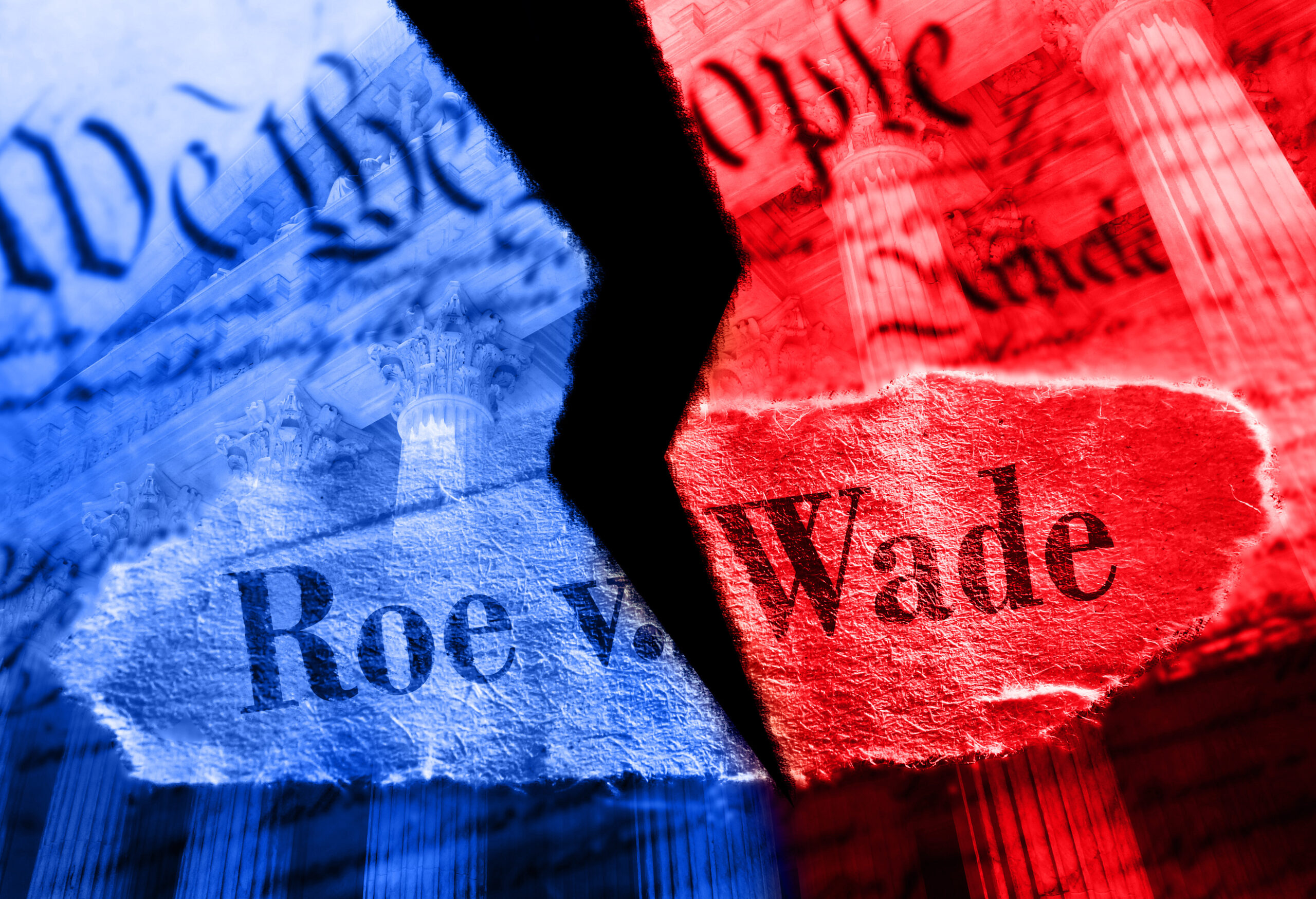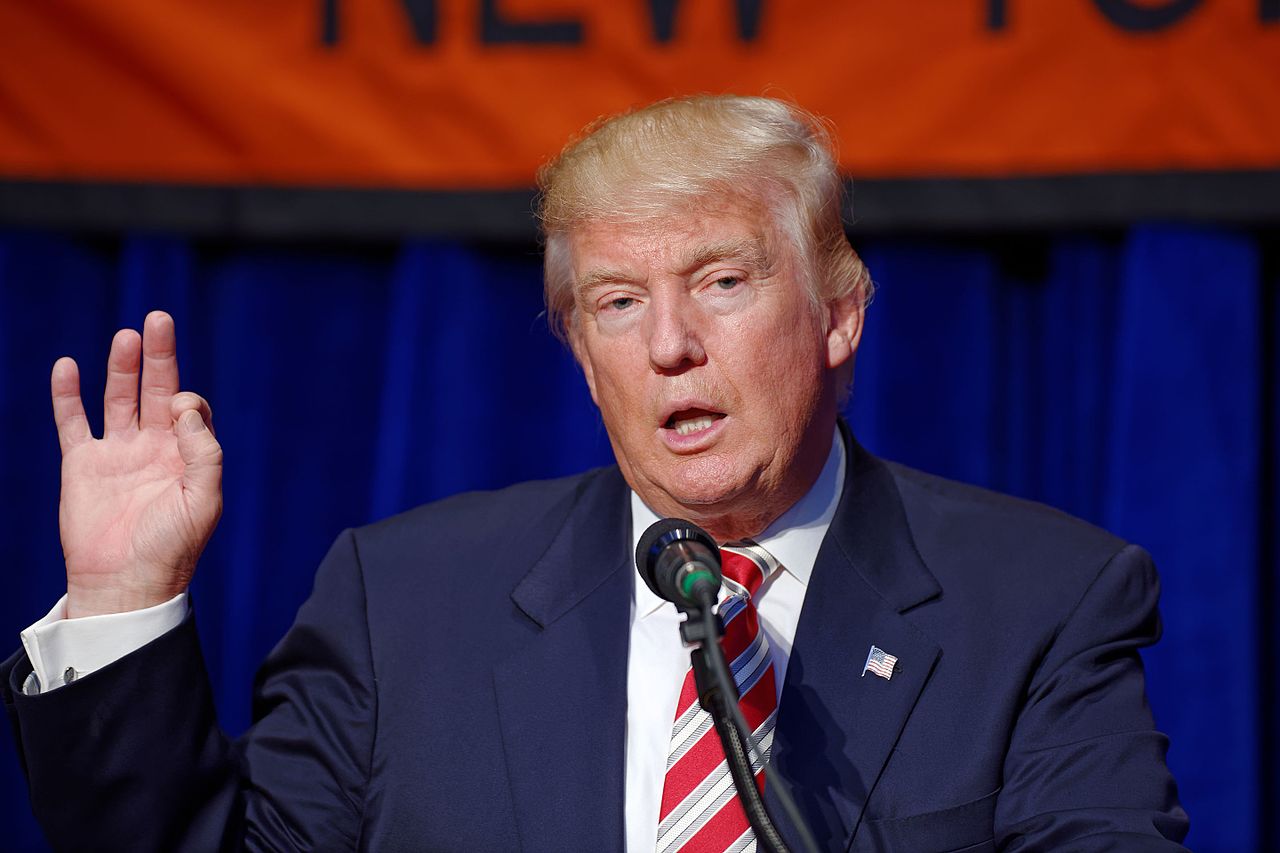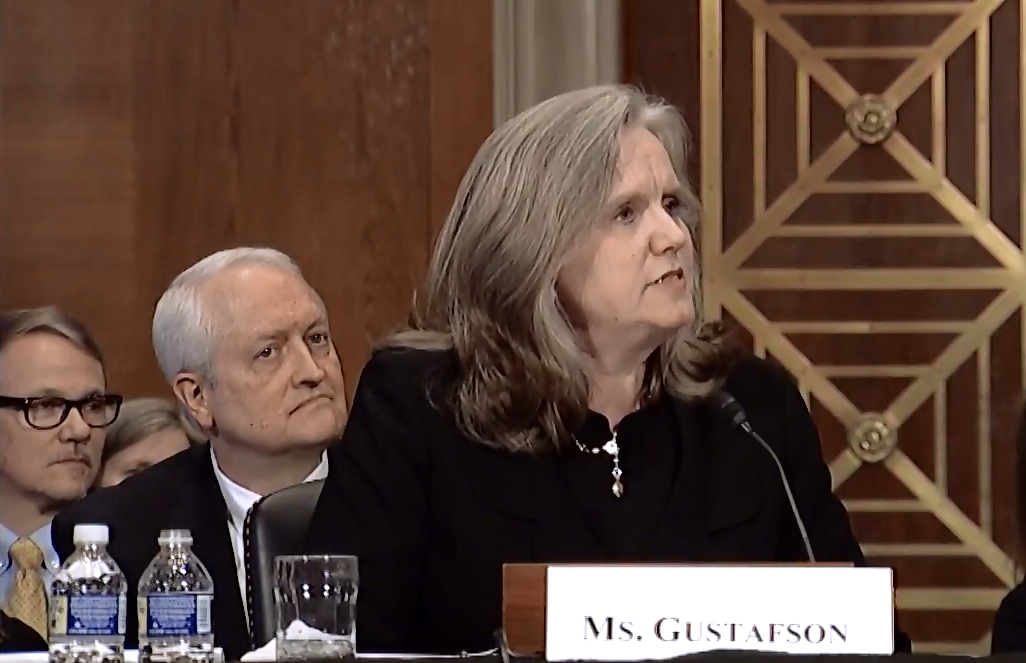Abortion rights, women of color, and LGBTQIA+ people are under attack. Pledge to join us in fighting for gender justice.
Black Women’s (Un)Equal Pay Day Is Another Reminder of the Discrimination Black Women Experience Every Day
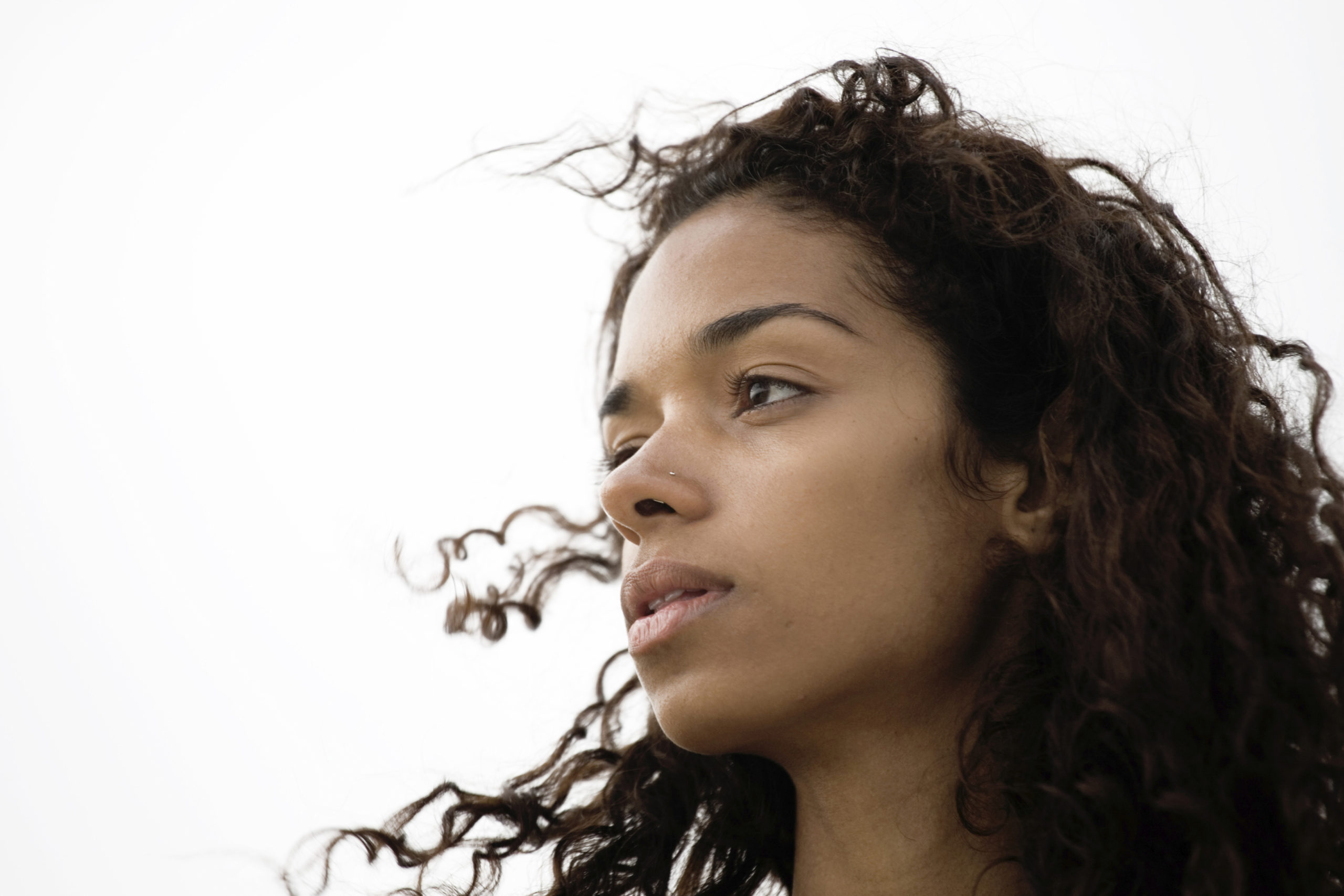
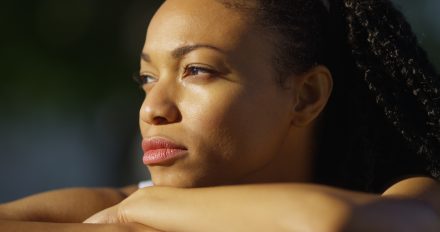
Today, July 31, 2017—when the year is more than half over—Black women, on average, have finally earned what white men earned in 2016. You heard right; on average, a Black woman has to work nearly 20 months to earn what a white man would earn in 12. That’s shameful for a lot of reasons and a pretty clear demonstration that discrimination is alive and well in the United States. Pay equality remains not just elusive but seemingly out of reach, particularly for women of color.
Unequal Pay and Ongoing Discrimination
The repercussions of unequal pay are long lasting and combine with other forms of ongoing discrimination and inequity to contribute to ongoing inequities that affect a woman’s housing, education, health, and retirement. Unequal pay makes it harder for Black women to save the money necessary to provide a cushion for emergencies, for the down payment on a house or security deposit for a rental unit, and for higher education. It makes it harder to afford quality child care or to be able to take time off when you are sick or need to care for a loved one. It can mean the difference between going to the doctor or doing without health care.
By almost any measure, Black women are being left behind. The median wealth owned by single Black women is $200, compared to $10,150 for single men. Black women with a Bachelor’s degree have higher college debt–$29,000 on average compared to $20,907 for white men. At the same time Black women with a college degree are typically paid slightly less than white men with only a high school degree.
And it doesn’t end there. Black women are also between three and four times more likely to die from pregnancy-related causes than white women. Noise pollution is loudest in black neighborhoods. Schools that serve mostly Black students are more likely than schools that serve mostly white students to be located near a major roadway—exposing those students to dangerous levels of air pollution.
Beyond the Wage Gap
Eliminating the wage gap wouldn’t end all of these problems but it would be a step in the right direction. Equal pay would help Black women build the wealth they need to own a house and make investments in their education and their children’s education. It would make it easier to afford health care and to weather emergencies.
As an advocate for reproductive rights and justice, I see these numbers as a call to action, a reminder that we must all be working towards a world everyone has the “economic, social, and political power and means to make decisions about their bodies, sexuality, health, and family with dignity and self-determination.”
Those extra eight months may be symbolic but they are also very, very real. Black women DO have to work longer and harder because they are playing, sometimes literally, on an uneven field. Unequal pay is just one more obstacle that stands in the way of Black women.

